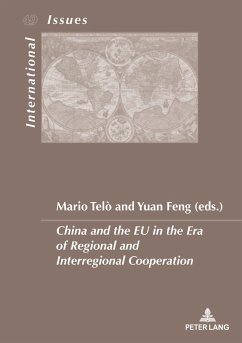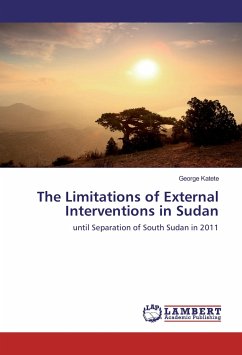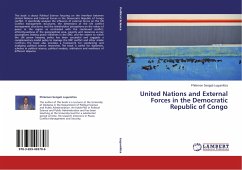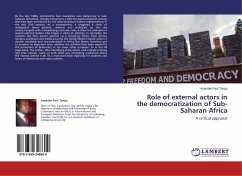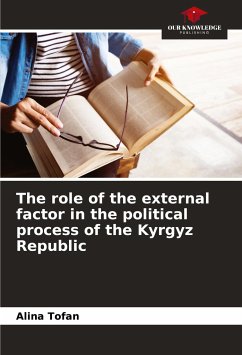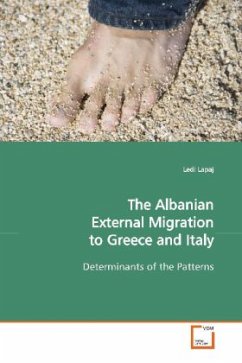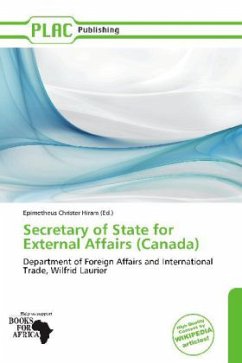
Integrating Human Rights Clauses into the EU External Relations
Making it work
Versandkostenfrei!
Versandfertig in 6-10 Tagen
32,99 €
inkl. MwSt.

PAYBACK Punkte
16 °P sammeln!
Brussels has proved to be a world champion on the promotion of respect for fundamental values such as democracy, human rights and rule of law. What is more, it is determined to place this sector at the core of of its foreign policy. One of the most powerful and effective instrument of the EU's foreign policy is no other but the use of conditionality in its economic and cooperation agreements with third countries. But.. how did we get there? Certainly not overnight. In order to sharpen up the potential of this foreign policy tool a system of legally binding human rights clauses with suspension ...
Brussels has proved to be a world champion on the promotion of respect for fundamental values such as democracy, human rights and rule of law. What is more, it is determined to place this sector at the core of of its foreign policy. One of the most powerful and effective instrument of the EU's foreign policy is no other but the use of conditionality in its economic and cooperation agreements with third countries. But.. how did we get there? Certainly not overnight. In order to sharpen up the potential of this foreign policy tool a system of legally binding human rights clauses with suspension mechanisms had to be developed over successive constitutional reforms and lessons-learn from previous experiences with its partners. This piece of research succinctly analyzes the most significant steps in this road in line with the historical context that contributed to the achievement of the landslide standard clause containing for the first time the respect for human rights as a essentialelement . Only once we have grasped the relevance of this element -and its flaws- we can assess the potential of this "diplomatic weapon" within the newly-created European External Action Service.



